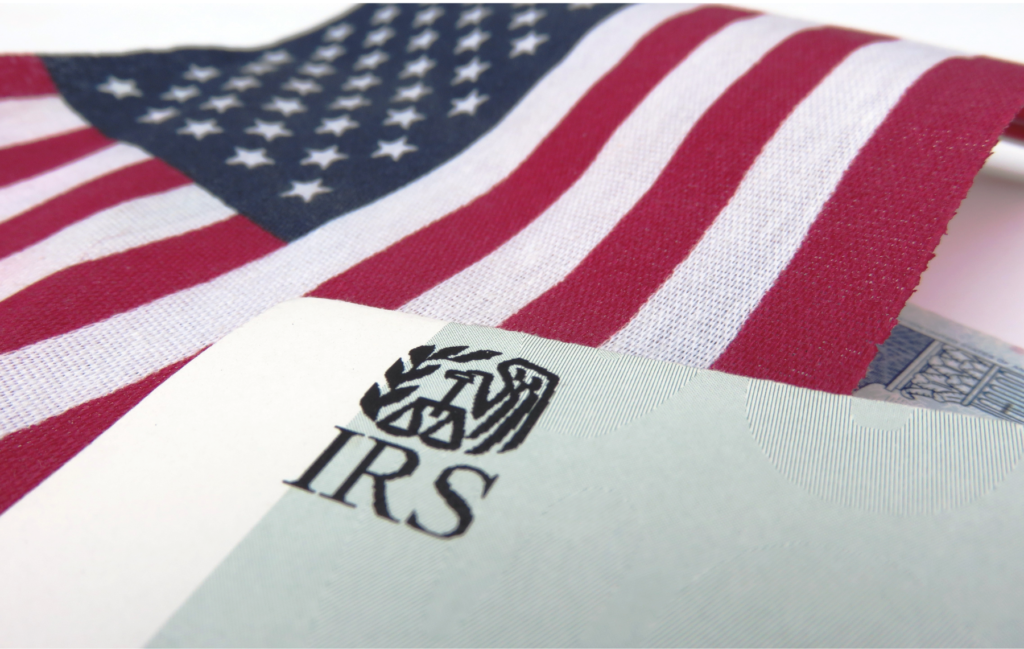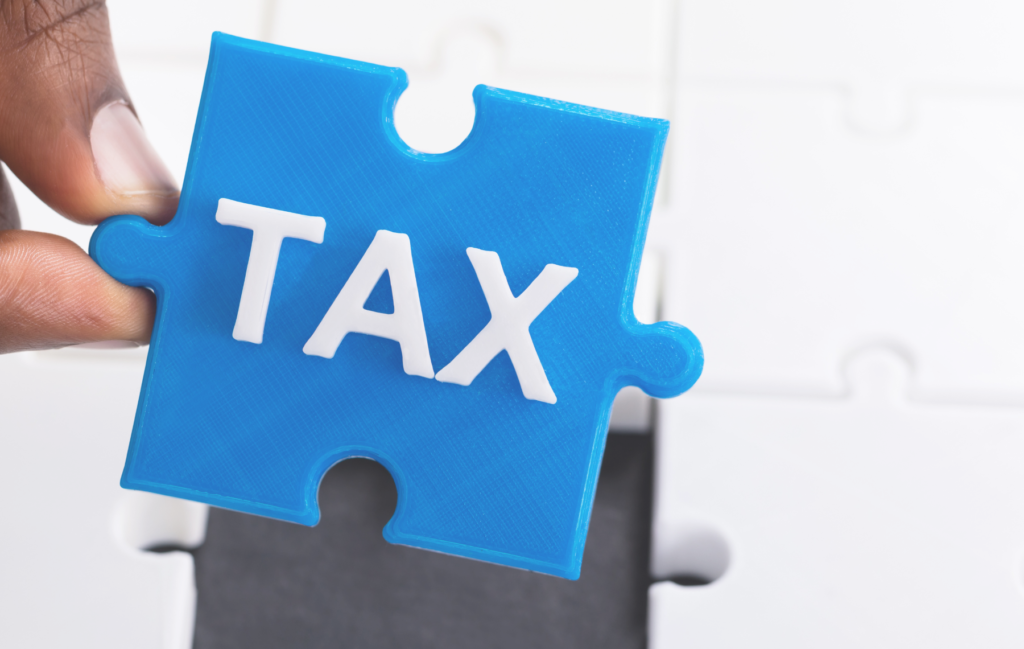
by Andrea Bell
As a business owner, managing your finances is a critical aspect of your success. As the year draws to a close, it’s the perfect time to reassess your financial strategies and optimize your tax planning. By making the right moves, you can legally minimize your tax liability and keep more money in your pocket. In this article, we’ll explore seven tax-saving strategies that are trending in 2023 and are vital for business owners. Whether you’re familiar with the Augusta Rule, considering paying your kids, or wondering about the benefits of accountable plans, this guide is designed to help you make the most of these opportunities.
1. Augusta Rule:
The Augusta Rule, also known as the Augusta Deduction, is a tax-saving strategy that applies to business owners who operate a home-based business. Under this rule, you can rent your home to your business for up to 14 days each year without reporting the rental income on your tax return. The business can then deduct the rental expense, effectively reducing its taxable income.
To optimize this strategy, consider hosting business meetings, workshops, or training sessions at your home. Remember to maintain records and documentation to support the legitimacy of these business activities.

2. Pay Your Kids
If you have children, you can potentially reduce your tax liability by hiring them in your business. Paying your children for legitimate work they perform can be a tax-efficient way to shift income from your higher tax bracket to their lower tax bracket. This can lead to overall tax savings for your family.
Ensure that the wages you pay your children are reasonable for the work they do and keep accurate records of their contributions. By involving your kids in your business and paying them appropriately, you can take advantage of this tax-saving strategy.

3. Reasonable Compensation:
One key aspect of tax planning for S-Corporation owners is ensuring that you pay yourself a reasonable salary. The IRS requires S-Corporation shareholders to receive “reasonable compensation” for the services they provide to the business. The remaining income, beyond the reasonable salary, can be distributed as dividends, which are not subject to self-employment tax.
Properly assessing and documenting what constitutes reasonable compensation is crucial to avoid potential IRS scrutiny. Working with a tax strategist can help you determine the right salary for your role within the business.

4. S-Corporation:
For many business owners, electing S-Corporation status can be a savvy tax-saving move. S-Corporations offer the advantage of pass-through taxation, meaning the business’s income is reported on the owners’ individual tax returns. This structure can reduce the overall tax burden by avoiding double taxation on corporate and individual levels.
However, to benefit from S-Corporation status, your business must meet specific criteria, and there are compliance requirements to follow. Working with a tax strategist or accountant is crucial to ensure you meet all the necessary criteria and fully leverage the tax-saving potential of an S-Corporation.

5. Retirement Plans:
Contributing to retirement plans is not only a smart financial move but also a tax-saving strategy. Business owners have several options for retirement plans, such as a Simplified Employee Pension (SEP) IRA, a Solo 401(k), or a SIMPLE IRA. Contributions to these plans can be tax-deductible and provide tax-deferred growth on your investments.
Evaluate which retirement plan best suits your business and financial goals, and make regular contributions to build your retirement savings while lowering your current taxable income.

6. Accountable Plans:
Accountable plans are a critical tool for managing expenses and reducing your tax liability. These plans are commonly used for reimbursing employees or yourself for business-related expenses. When expenses are reimbursed through an accountable plan, they are not considered taxable income, and the business can deduct them as legitimate business expenses.
Implementing and maintaining an accountable plan can help you maximize your tax savings and ensure that you’re not paying unnecessary taxes on business-related expenditures.

7. Hire a Tax Strategist:
One of the most valuable steps you can take for optimizing your year-end tax planning is to hire a tax strategist. A qualified tax professional can analyze your financial situation, business structure, and individual goals to create a tailored tax-saving plan. They stay up to date with the latest tax laws and strategies, helping you navigate the ever-changing tax landscape effectively.
A tax strategist can identify opportunities, implement the most suitable strategies, and ensure compliance with tax regulations, ultimately saving you money and reducing the stress of managing your tax obligations.

Year-end tax planning is a critical component of financial management for business owners. By applying these seven trending tax-saving strategies, you can legally reduce your tax liability, increase your financial efficiency, and set your business up for success in the coming year.
To get personalized guidance on implementing these strategies or to explore other tax-saving opportunities, we invite you to book a free consultation with our experienced tax strategists at www.profitabilityco.com or contact us at 801-896-7322. Don’t miss out on the potential tax savings that could significantly impact your financial well-being. Act now and secure your financial future.





